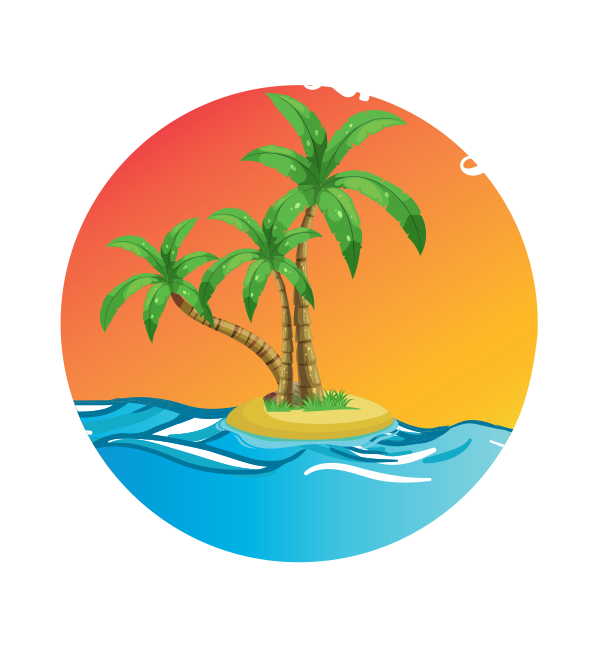
Comprehensive Home Inspection
A comprehensive home inspection is an essential step in the process of buying or maintaining a home. It provides an in-depth evaluation of a property’s condition, ensuring that homeowners and prospective buyers have a clear understanding of any existing or potential issues. By conducting a meticulous examination of all major components, a professional inspector offers valuable insights that can influence purchasing decisions and long-term property care.
Structural Integrity Assessment
A thorough inspection begins with an evaluation of the structural integrity of a home. The foundation, walls, floors, and roofing system are scrutinized for signs of wear, damage, or potential failure. Any irregularities in these fundamental aspects can indicate underlying concerns that require attention. Identifying such problems early can help homeowners plan for necessary repairs and avoid costly surprises down the road.
Roof Inspection
The roofing system serves as one of the most critical protective barriers for a home. A detailed inspection of the roof includes:
- Assessing shingles, flashing, gutters, and drainage systems
- Detecting leaks, missing shingles, or signs of water damage
- Ensuring the home remains secure against the elements
Poor roofing conditions can lead to structural damage, mold growth, and energy inefficiencies if not properly maintained.
Electrical System Evaluation
Another crucial aspect of an inspection involves the home’s electrical system. Wiring, circuit breakers, outlets, and electrical panels are examined for safety and compliance with current building codes. Electrical faults pose serious risks, including fire hazards, and an inspection can reveal outdated or improperly installed components that require immediate attention. Ensuring that the system is up to standard provides peace of mind and enhances the overall safety of the property.
Plumbing System Analysis
Plumbing is a vital component that influences the functionality and comfort of a home. The inspection covers:
- Pipes, drains, and fixtures for leaks or corrosion
- Water heaters for operational efficiency
- Potential water damage from plumbing failures
Water damage can lead to extensive repairs and mold issues, making this part of the inspection particularly important. Identifying inefficiencies or malfunctions early helps homeowners take preventative measures to protect their investment.
HVAC System Inspection
The efficiency and condition of the HVAC system play a significant role in home comfort. Heating, ventilation, and air conditioning units are assessed to ensure proper operation, energy efficiency, and safety. A well-maintained system provides consistent climate control and prevents unexpected breakdowns. Dirty filters, faulty thermostats, or compromised ductwork can diminish performance, leading to higher energy costs and discomfort for occupants.
Insulation and Ventilation Assessment
Insulation and ventilation within a home contribute to energy efficiency and indoor air quality. A home inspection evaluates attic insulation, crawl spaces, and airflow management to determine whether improvements are necessary. Proper insulation reduces energy loss, while adequate ventilation prevents moisture buildup and mold growth. Addressing deficiencies in these areas improves overall living conditions and reduces utility expenses.
Pest Inspection
The presence of pests, such as termites or rodents, can significantly impact a home’s structural integrity. A detailed inspection helps uncover evidence of infestations, which may include:
- Damaged wood
- Droppings
- Nesting materials
Early detection allows homeowners to take corrective measures before pests cause extensive and costly destruction.
Exterior Evaluation
A home’s exterior is just as important as its interior. Inspectors evaluate siding, windows, doors, and landscaping features to identify vulnerabilities that could lead to future issues. Cracks, gaps, or improper drainage around the property can lead to water intrusion or foundational problems. Addressing these concerns enhances both the curb appeal and longevity of a home.
Appliance Inspection
Appliances that come with a property, such as stoves, dishwashers, and built-in microwaves, are also reviewed during an inspection. Ensuring that these systems function properly can prevent unexpected expenses after moving in. While not always included in a standard inspection, assessing their condition provides additional insight into a home's overall maintenance needs.
Safety Features Check
Safety features, including smoke detectors, carbon monoxide alarms, and handrails, are evaluated for effectiveness. Properly functioning safety mechanisms protect occupants from potential hazards and ensure that the home complies with essential safety standards. Making necessary upgrades or repairs to these systems improves overall security and readiness for emergencies.
The Importance of a Home Inspection
A comprehensive home inspection serves as a proactive approach to property ownership. Whether buying a new home or maintaining an existing one, understanding the full scope of a property’s condition empowers individuals to make informed decisions. Investing in a professional inspection provides clarity, peace of mind, and the opportunity to address concerns before they escalate into significant problems. Through careful evaluation and expert recommendations, homeowners can protect their investment and create a safe, comfortable living environment for years to come.
Schedule Your Home Inspection Today
A professional inspection is the best way to ensure your home is safe, efficient, and in top condition. Whether you are purchasing a property, selling your home, or simply conducting routine maintenance, a thorough evaluation provides the information you need to move forward with confidence. Contact us today to schedule your comprehensive home inspection and take the next step toward protecting your most valuable investment.

